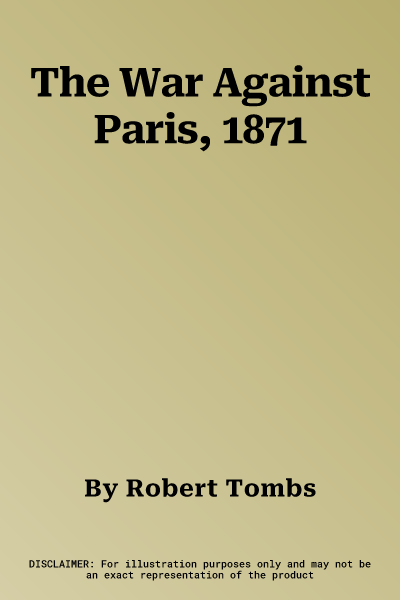Robert Tombs
(Author)The War Against Paris, 1871Hardcover, 31 December 1981

Temporarily out of stock
Free Delivery
Cash on Delivery
15 Days
Free Returns
Secure Checkout

Print Length
272 pages
Language
English
Publisher
Cambridge University Press
Date Published
31 Dec 1981
ISBN-10
0521235510
ISBN-13
9780521235518
Description
Product Details
Author:
Book Format:
Hardcover
Date Published:
31 December 1981
Genre:
French
ISBN-10:
0521235510
ISBN-13:
9780521235518
Language:
English
Location:
Cambridge
Pages:
272
Publisher: